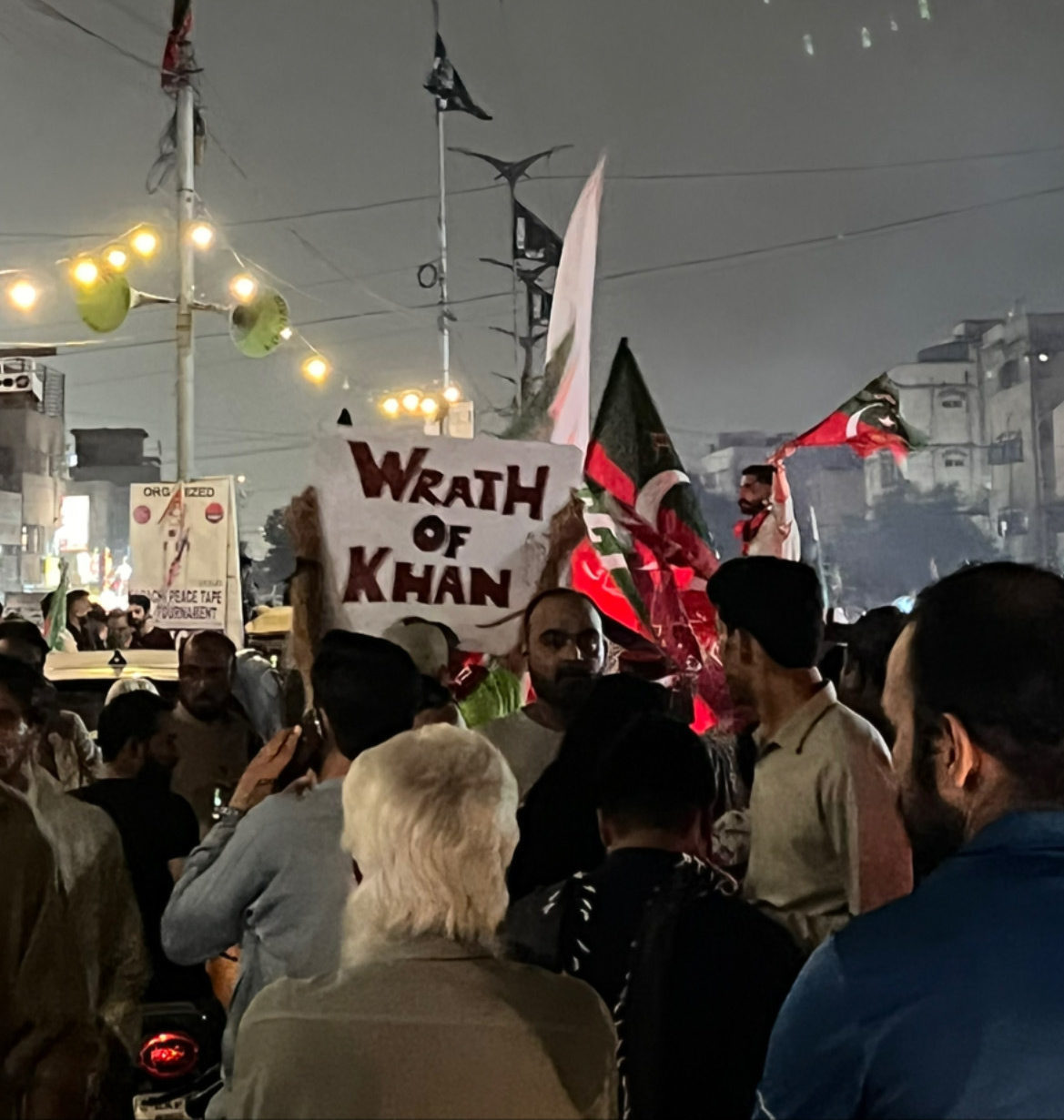Dr Sumrin Kalia
May 13 2022
On Saturday, 9th of April 2022, two minutes before midnight, the vote of no-confidence against the sitting prime minister of Pakistan, Imran Khan was set in motion in the National Assembly. One hour past mid-night on Sunday, Imran Khan was removed from the office. He is the first prime minister to be dismissed from power after losing vote of no-confidence. This was termed as a ‘historic’ moment by the opposition parties as Imran Khan’s Naya (new) Pakistan had been undone with a message: Welcome back to Purana (old) Pakistan.
Imran Khan’s Naya (new) Pakistan had failed to deliver its promise of change and progress even for his staunch supporters. His term which lasted around three and a half years had seen stagnating growth, rising food inflation and high levels of public debt. The pandemic and then the war in Ukraine gave a final blow to Pakistan’s economy that was already crippling. Despite the populist, anti-elite and anti-corruption claims, Khan’s term in office also witnessed a marked increase in perceived corruption. Notwithstanding these governance failures, the most potent force instrumental in his ouster was Pakistan’s powerful military.
In Pakistan politics is a constant tug of war between the civil and military elite in which the latter retains a strong hold. The military has not only covertly engineered the rise or fall of politicians but also overtly and arbitrarily dismissed the parliament on several occasions. No prime minister has been able to complete a term in office in the history of the country. Although this was the first time a prime minister was ousted through a democratic process, the underlying script of this historic moment remained the same. Khan being the political experiment of the military itself, had fallen out of its favour. However, this time the country’s establishment faces a new challenge. It is becoming increasingly evident that the populist tide that was unleashed by Imran Khan is fuelling polarization in the country. A polarization from which the ranks of the military itself, are not immune.

In January this year when I came to Pakistan for field research, I could sense a marked increase in discontent. Despite Khan’s populist measures such as providing petrol subsidies and social safety programs, the poor of the country are finding it increasingly hard to make ends meet. Yet, his ouster has angered or saddened many of his supporters who largely hail from the educated, urban, middle, and lower middle class of the country. They are outside the patronage networks of old political parties and consider Khan as a Messiah who can rid the country of the corrupt elite. On streets, social media and local gatherings Khan’s supporters reiterate Khan’s populist, anti-elite rhetoric. Older political parties are labelled as corrupt with the words Mafia, thugs, imported government and thieves interjected in conversations. Since his ouster, Khan has gone into an electoral campaigning mode using all means to stoke sentiments of his supporters. He has staged large protest in urban centres where the middle class is gravitated towards his rhetoric of Islamic populism. More than a politician, Khan has become an ideology, according to which, the balance of power can only be restored by a Sadiq or Ameen, a truthful and trustworthy leader which the image of Khan embodies. This ideology not only recalls the religious nationalist foundations of the country but also guises the ambiguities of such an ideal under a homogenized vision of the people.
As a political anthropologist when I navigate the field I run into a conundrum. On the one hand, the structural causes - inequality, elite-capture, and blatant use of power - which give rise to populist and anti-establishment sentiment are blatantly clear. On the other, I am baffled by the simplistic, moralistic, and often naïve rhetoric of Khan’s followers. As I witness them transitioning from supporting a political party to cult-like following of a populist leader, what worries me is that the redemptive spirit that propels this transition, is accompanied by a lack of disregard for the institutions of the country. Erosion of trust and heightened uncertainty are inevitable corollaries of such a delegitimization of institutions. Doing fieldwork in this politically charged and polarized environment, demands not only empathy but also a lot of patience.
While the new government formed by a coalition of old parties struggles to govern in this politically volatile, economically fragile, and socially fragmented country, the uncertainties and inequalities which are pre-conditions of populism continue to deepen. Khan is preparing for a large-scale protest, which will be another spectacle in Pakistan’s politics. Commenting on the political situation, one of my colleagues in the University of Karachi noted: “We live in interesting times”. He then added: “You know it’s a Chinese curse to say ‘May you live in interesting times’.” Just a few days later the university was jolted by a suicidal bomb attack outside the Confucius Institute, in which three Chinese staff members and a Pakistani van driver were killed. The attack was carried out by a female suicide bomber associated with the Baloch Liberation Army (BLA); an insurgent separatist group in Pakistan’s province of Balochistan. While being traumatizing for us who call this university home, this attack was a reminder that whether it is in Naya (new) or Purana (old) Pakistan such interesting times are there to stay.
Dr. Sumrin Kalia is a post-doctoral fellow at the ERC funded Takhayyul Project working on South Asia. Her work at Takhayyul focuses on the socio-political processes which feed Islamist populist politics in Pakistan and Bangladesh.
Fatemeh Sadeghi
30 May 2024 Feminists in the Global South have stepped out of the conventional territories of ‘women’s matters’ into more fund...